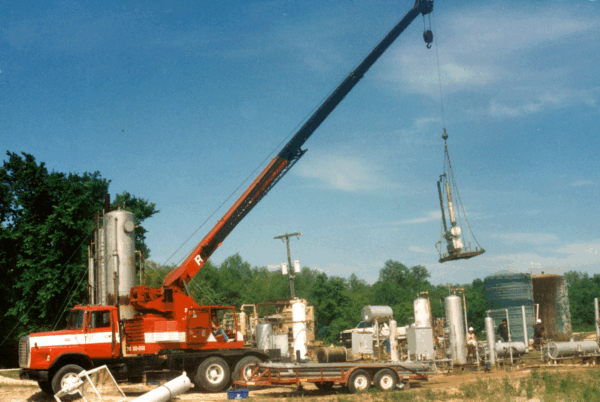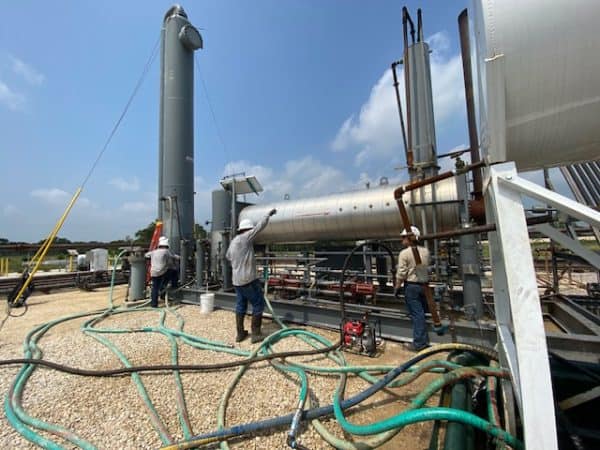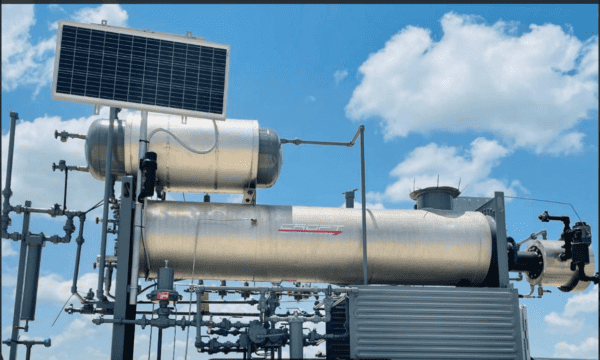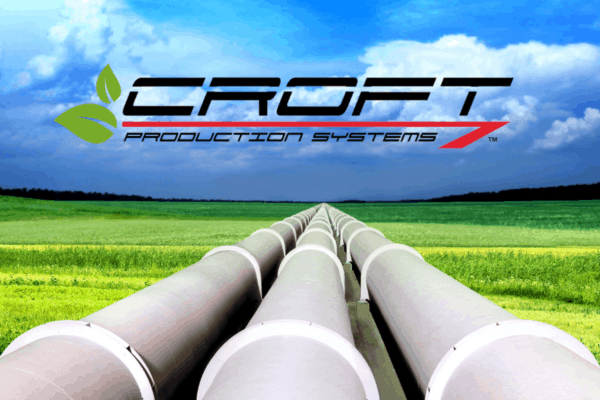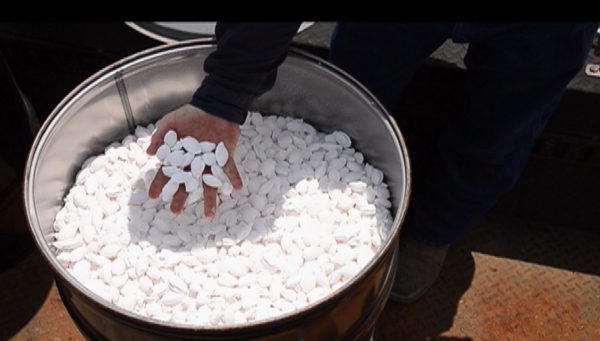Gas Dehydration Application
Preston Croft was raised in a hardworking family in South Texas in the 1950s. Surrounded by people who valued both effort and humor, he learned the importance of perseverance early on. His father and grandfather spent their careers in the oil and gas industry. Growing up with limited means, Preston learned to appreciate and take […]
Read MoreRemoving water moisture from natural gas is critical to ensure safe transportation and processing in oil and gas processing. One of the most widely used technologies for this purpose is the glycol dehydrator, typically utilizing Tri-ethylene Glycol (TEG) to absorb water vapor. Like all equipment exposed to harsh operating environments, glycol dehydrators require periodic cleaning […]
Read MoreNatural gas, a vital energy source for various industries, often requires careful treatment before being transported and utilized efficiently. Dehydration is a critical process in preparing natural gas for distribution. This post delves into the fascinating world of Tri-ethylene Glycol (TEG) systems, a standard method for natural gas dehydration. We explore the importance of this […]
Read MoreIn the oil and gas industry, natural gas dehydration plays a crucial role in ensuring safety, efficiency, and meeting pipeline specifications. Over-saturated gas can lead to corrosion, equipment damage, and non-compliance with industry standards. Gas dehydration removes excess water vapor from natural gas streams to combat these issues. In this blog post, we will delve […]
Read MoreThis virtual roundtable discussion explores topics related to processes and equipment used in CO2 and H2S removal.
Read MoreThis virtual roundtable discussion explores topics related to processes and equipment used in CO2 and H2S removal.
Read MoreThis virtual roundtable discussion explores topics related to processes and equipment used in CO2 and H2S removal.
Read MoreThis webinar provides education on fuel gas and JTs. Our Director of Engineering focuses on cleaning up fuel gas and getting natural gas to pipeline specification.
Read MoreSolid desiccant dehydration is a safer alternative to gycol dehydration, which uses a liquid desiccant to absorb water from the gas.
Read More*Updated May 2020 Working on an oil & gas site can be dangerous in many ways. This is why many procedures and protocols are in place for accident prevention. Let’s hone in on safety gear and protocols specific to working with H2S, as this directly affects many of our clients and our field service team. […]
Read More
